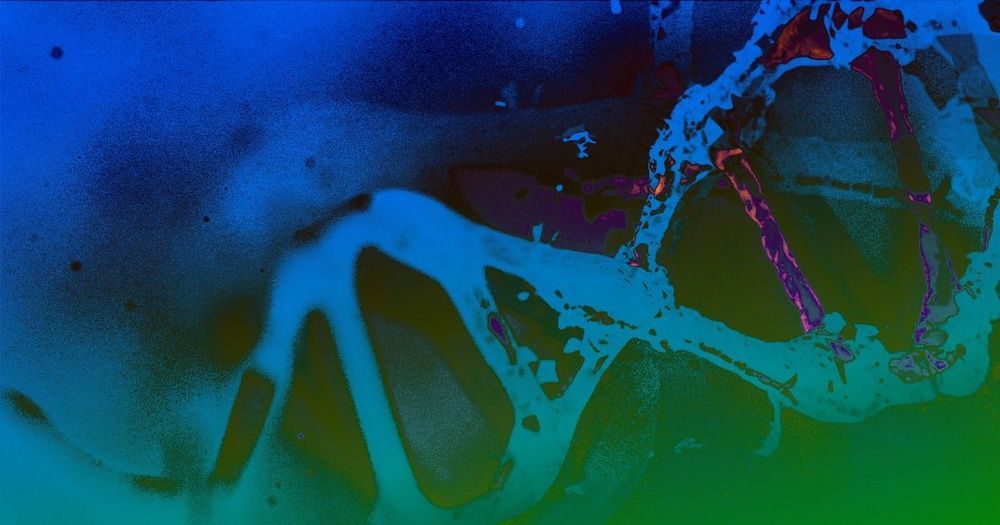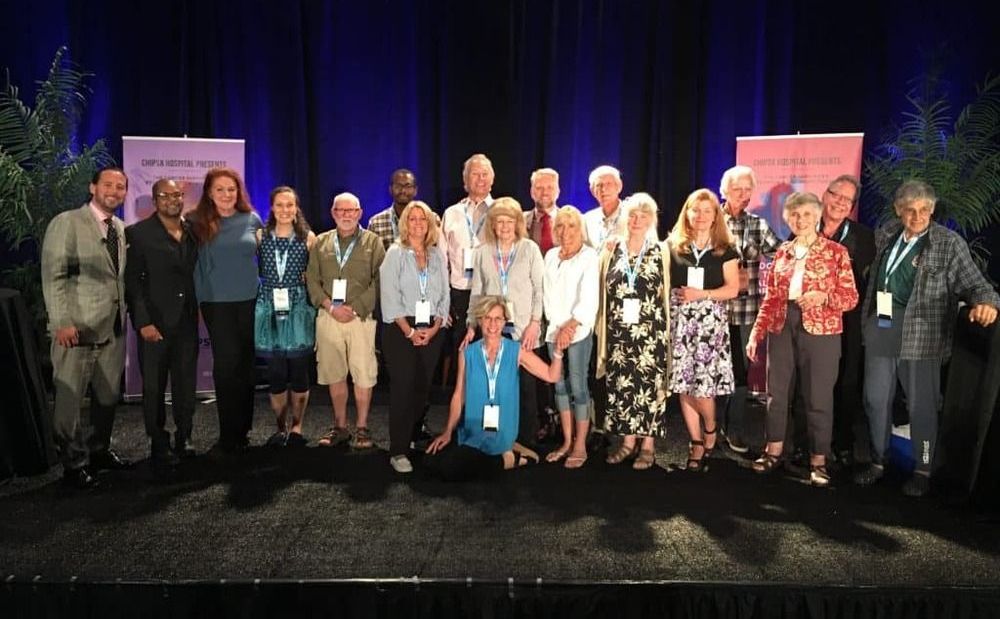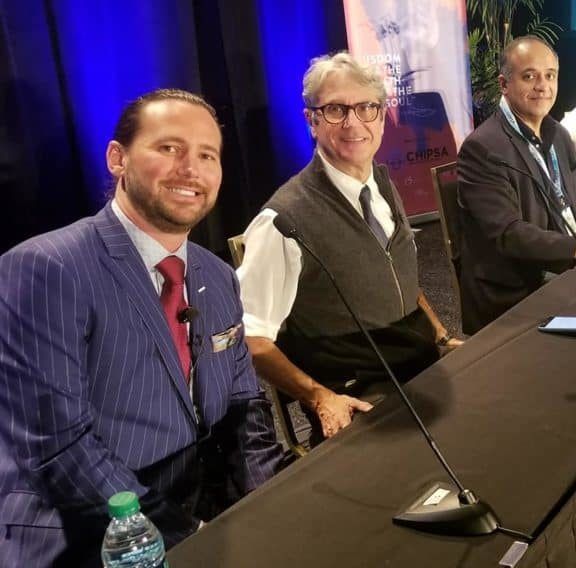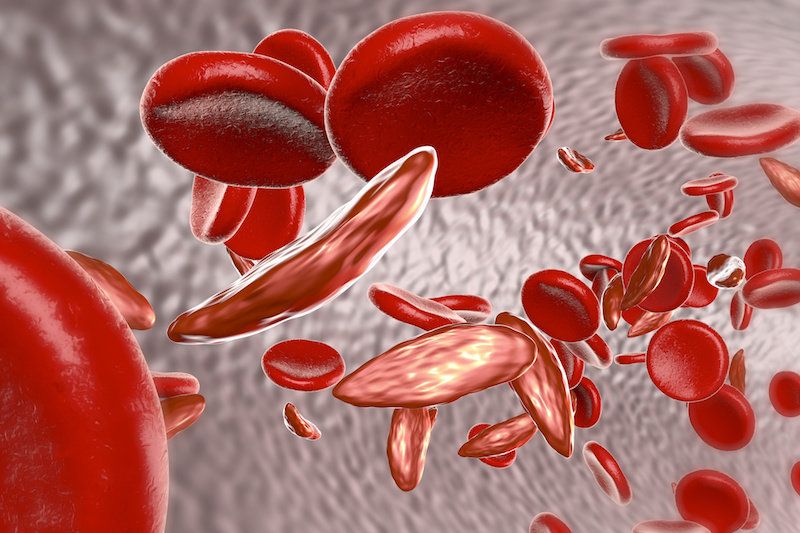(repeat) Are you ready to defer all your personal decision-making to machines? Polls show that most Americans are uneasy about the unchecked growth of artificial intelligence. The possible misuse of genetic engineering also makes us anxious. We all have a stake in the responsible development of science and technology, but fortunately, science fiction films can help.
The movies Ex Machina and Jurassic Park suggest where A.I. and unfettered gene-tinkering could lead. But even less popular sci-fi movies can help us imagine unsettling scenarios regarding over-population, smart drugs, and human cloning.
And not all tales are grim. The 1951 film, The Man in the White Suit, weaves a humorous story of materials science run amok.









